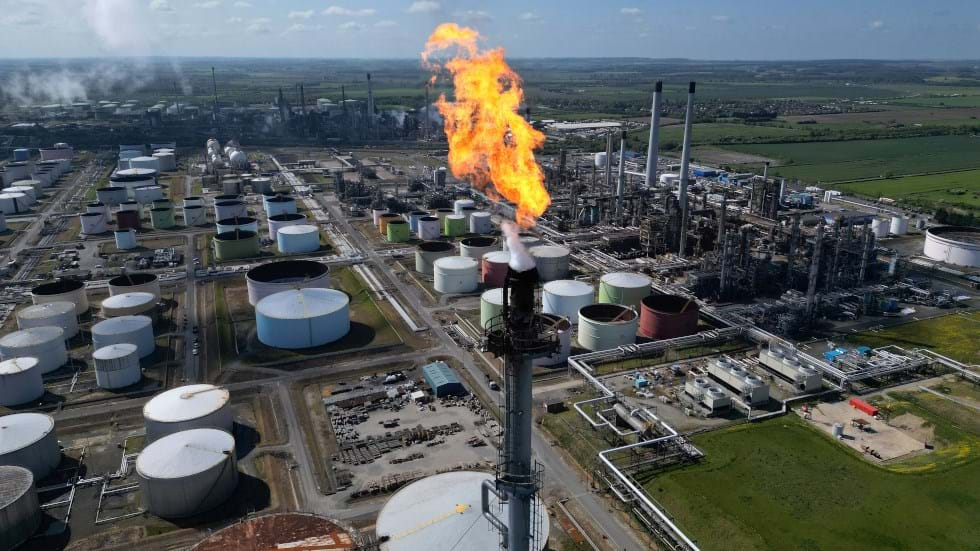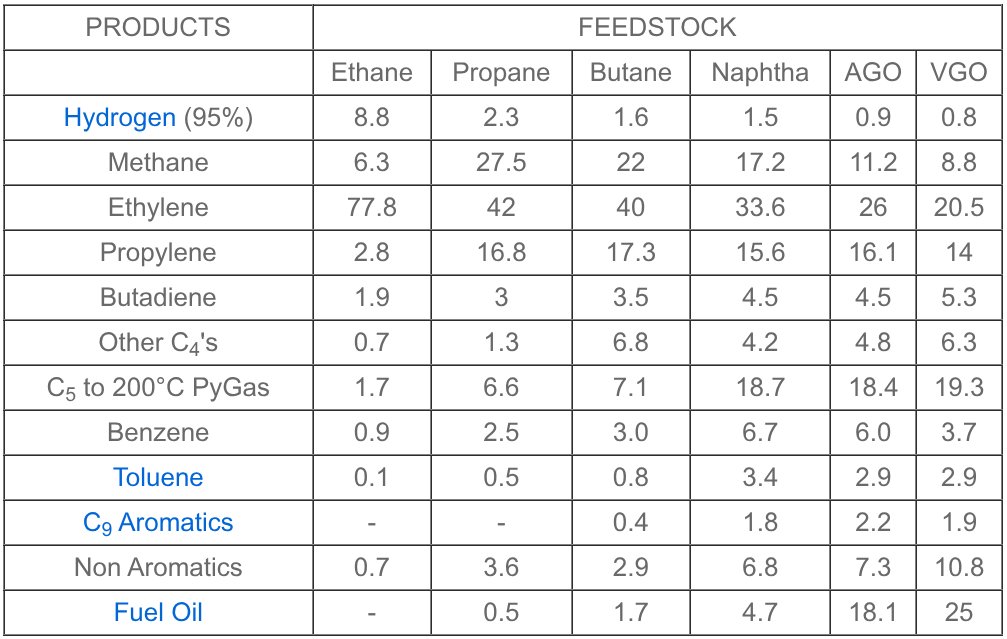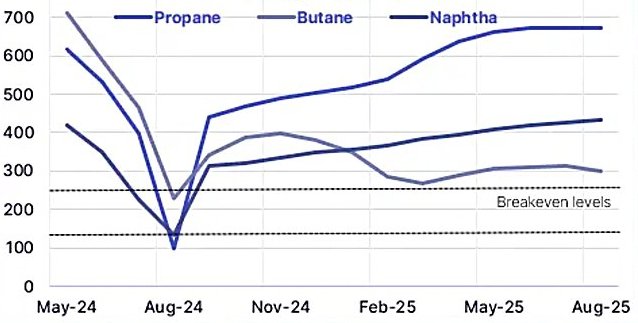Europe’s Industrial Backbone Shattered: Lindsey Refinery Collapse Signals Petrochemical Exodus

Lindsey Refinery was placed into insolvency | Photo: Mike Seaman, shutterstock.com
30th June 2025
Europe’s Industrial Backbone Shattered: Lindsey Refinery Collapse Signals Petrochemical Exodus
A wave of closures is decimating the landscape of Europe’s refining and petrochemical industry. The collapse of the UK’s Lindsey oil refinery—one of the country’s last major refining assets—has thrown 420 jobs into immediate jeopardy and sent shockwaves through the sector. This dramatic shutdown is only the latest in a series of high-profile exits that underscore the existential crisis facing European refining. Just weeks prior, Scotland’s Grangemouth refinery—after a century of operation—ceased crude processing, transitioning to an import terminal and marking the end of oil refining in the country. Meanwhile, SABIC’s decision to shutter its Olefins 6 steam cracker at Wilton, Teesside, after 46 years, has sent further tremors through the sector, with hundreds of jobs in jeopardy.
No Profits, No Future: Lindsey Refinery’s Struggles Under Prax Ownership
The Lindsey Oil Refinery’s descent into insolvency starkly illustrates the vulnerability of small-scale refineries in today’s fiercely competitive market. With a capacity of 113,000 barrels per day, Lindsey is one of the UK’s smallest remaining refineries, and it has struggled to compete against the economies of scale enjoyed by much larger, more modern facilities elsewhere. Persistent financial losses—totaling around £75 million since Prax acquired the site in 2021—ultimately forced the refinery’s owner to seek administration, putting 420 jobs at risk and threatening to deepen the UK’s reliance on imported fuels. The government, left with little time to intervene, has called for an immediate inquiry into the circumstances behind the collapse, underscoring the systemic challenges faced by smaller refineries in an era of global oversupply and razor-thin margins.
The Rationalization Imperative
These closures are not isolated incidents but part of a broader rationalization of Europe’s olefins and refining capacity. The continent’s steam crackers—once the backbone of its chemical industry—are under siege from a perfect storm: high energy and feedstock costs, weak demand, and a global supply glut exacerbated by massive capacity expansions in China. Naphtha, the main feedstock for European crackers, is costly and less efficient compared to ethane, which dominates in the US and Middle East. Naphtha crackers typically achieve only about 50% olefin yield (ethylene, propylene and butenes), while ethane crackers can reach 80% of ethylene alone—a stark difference in a margin-driven business.

Feedstock-dependent Cracking Yields (in weight-%)
The numbers tell the story. Since April 2024, six European crackers have been closed or marked for closure, including ExxonMobil’s Notre Dame de Gravenchon (France), SABIC’s Geleen (Netherlands), and now Wilton (UK). TotalEnergies is set to shut its oldest Antwerp cracker by 2027, citing a “significant surplus of ethylene expected in Europe”. The cumulative ethylene capacity lost from these moves reaches 4.35 million metric tonnes per year over the 2020 to 2027 time period, representing 17.2% of the 25.3 million metric tonnes installed ethylene capacity according to the Petrochemicals Europe database. Meanwhile, there is only one single project scheduled for start-up in 2026, INEO's Project ONE ethane cracker in Antwerp, Belgium, which will add 2 million tonnes of olefins (ethylene and propylene) annually.
Competitive Pressures and Strategic Failures
Europe’s chemical industry is caught in a vice. On one side, it faces relentless competition from regions with lower feedstock and energy costs. On the other, it suffers from stagnant demand at home, with key downstream sectors like automotive in decline and regulatory changes further eroding traditional markets for naphtha cracker byproducts. The result: margins for naphtha crackers have turned weak or negative, with spreads hovering around $200/ton—a level insufficient to justify reinvestment.

Historical and forward European steam cracker margins (US $/metric tonne) | Sparta, 29 August 2024
While Asian and Middle Eastern players have invested in feedstock flexibility and integration—the former converting naphtha crackers to ethane, the latter building up mega scale ethane cracking capacities—Europe has lagged. The region’s fragmented, aging asset base is often poorly integrated, with many sites requiring major capital just to meet new environmental standards. Strategic reviews and divestments are accelerating, with companies like SABIC openly contemplating a full or partial exit from the European market.
Policy Response and the Road Ahead
The European Commission acknowledges the urgency. High-level dialogues are underway to address the competitiveness crisis, with a focus on modernization, simplification, and financing rather than new regulation. Yet, the challenge is formidable. Many of Europe’s steam crackers are over 40 years old—environmentally inefficient and under-performing by global standards. Without bold action, the risk is not just further closures, but the hollowing out of the region’s industrial base and a growing reliance on imports for both fuels and chemicals.
Portfolio Planning PLUS Perspective
For market participants, the implications are clear:
- Asset rationalization will continue: More closures are likely as companies seek to stem losses and reallocate capital.
- Integration and feedstock flexibility are critical: Survivors will be those who can pivot to lower-cost, more sustainable operations—mirroring the successes seen in Asia and the Middle East.
- Import dependence will rise: Europe is expected to import 15–20% of its ethylene needs in the coming years, reversing decades of self-sufficiency.
- Workforce and community impacts are severe: Each closure brings not just economic loss, but social and political fallout, as seen in Grangemouth and Teesside.
Outlook
The European chemical industry stands at a crossroads. Without decisive investment, integration, and policy support, the current wave of closures may prove to be only the beginning of a deeper transformation—one that will redefine Europe’s place in the global petrochemical value chain for years to come.
#prax #sabic #totalenergies #exxonmobil #lyondellbasell #ineos #repsol #versalis #refining #steamcracker #feedstock






